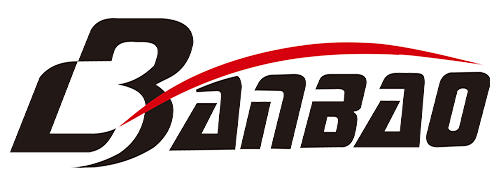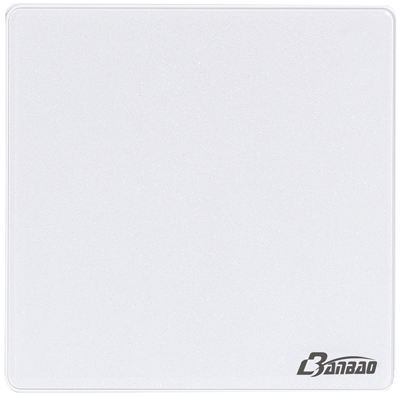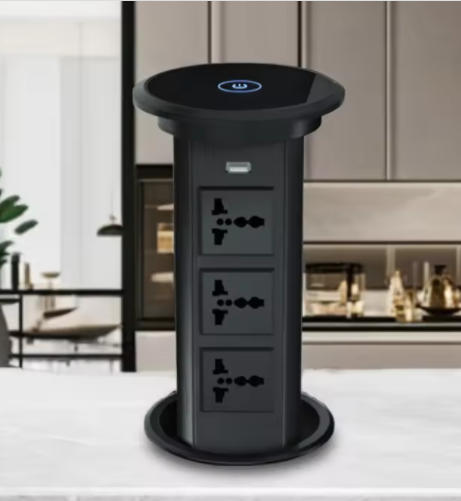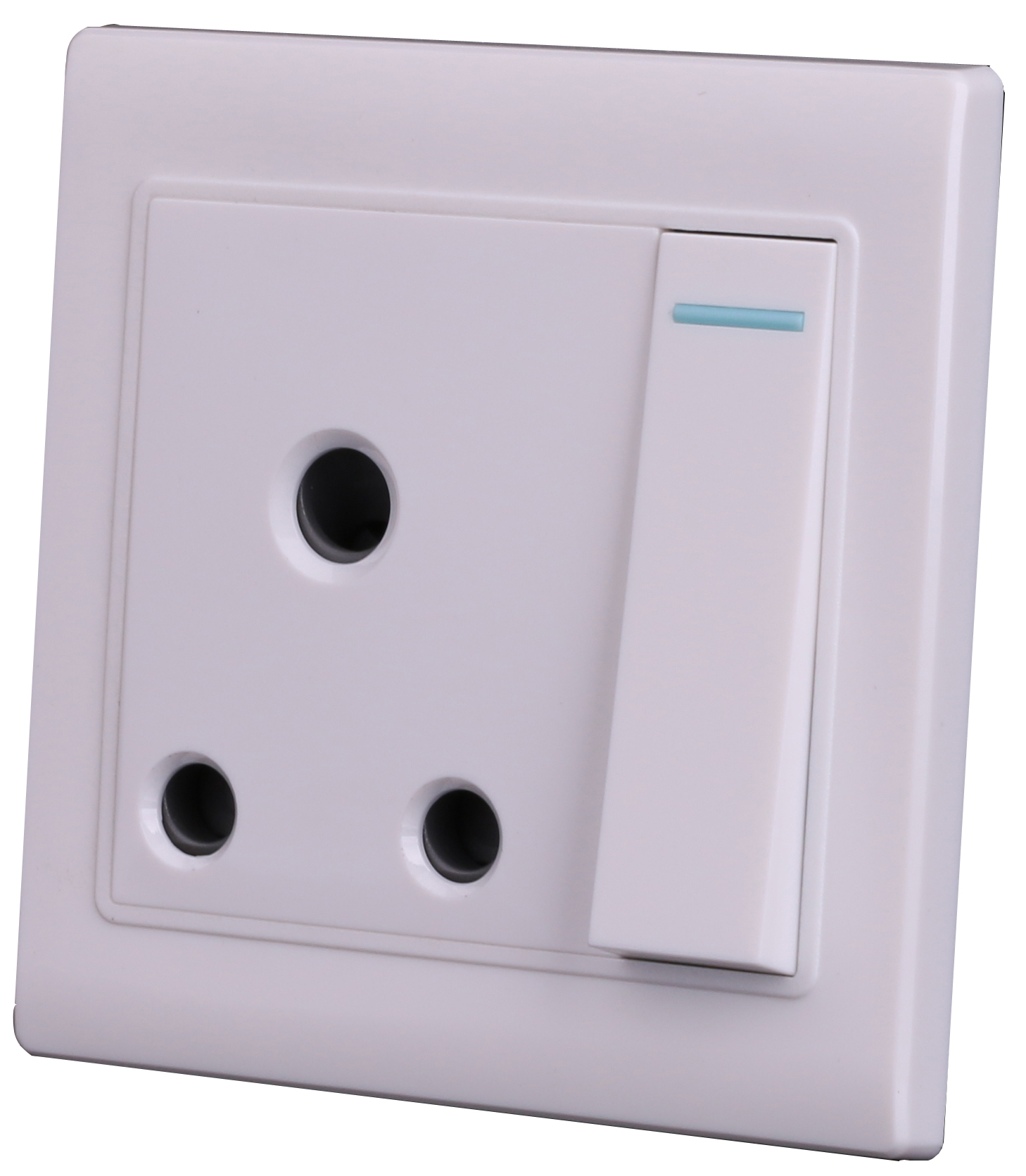Given the complexity and diversity of global power systems, different countries use different socket standards. The 13A UK socket (BS 1363 standard) used in the UK is widely recognized for its high safety, fuse-operated plugs, and stringent structural design specifications.
Many users traveling abroad, purchasing appliances internationally, or relocating internationally have this question: How common is the 13A UK socket worldwide?
If you are searching for answers to this question, hoping to understand its usage, international prevalence, and why some countries use it while others don't, this comprehensive article will systematically, professionally, and in-depth answer all your questions.
This article provides a comprehensive analysis from the perspectives of socket standard differences, international prevalence, the reasons for the 13A UK socket's applicability, historical background, and actual usage, helping readers build a clear understanding.

Why are there different socket standards around the world?
Before answering "Is the 13A UK socket common worldwide?", it's necessary to understand a fundamental question: Why is there no globally unified socket standard?
1. Historical Differences in Electricity Development Lead to Standard Differences
Different countries' electricity systems have developed independent technological paths during their development. For example:
• The UK and other regions use 230V voltage + BS 1363 socket standard
• The US uses 120V voltage + NEMA standard
• Continental Europe mostly uses Schuko (German standard F type) or C type plugs
• Australia and New Zealand use AS/NZS 3112 standard
This historical difference in technical standards means that while the 13A UK socket is structurally safe, it has not become a globally universal standard.
2. National Regulatory Restrictions
Electrical safety is a strictly regulated area in each country; therefore, imported equipment and sockets must comply with the mandatory certification standards of their respective countries. Different regulations naturally lead to differences in socket systems.
Based on this background, we see that the 13A UK socket has its specific geographical applicability, rather than global widespread adoption.
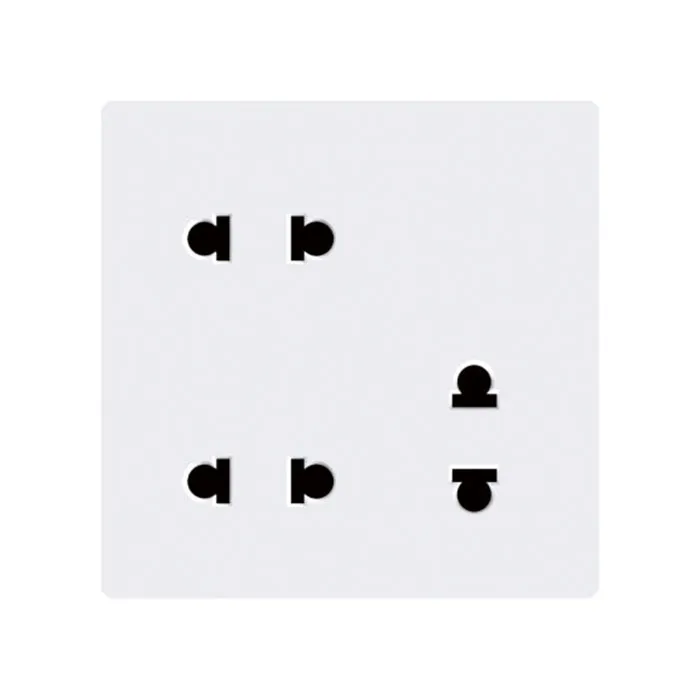
In which countries is the 13A UK socket most common?
To answer the question, "Is the 13A UK socket common worldwide?", it's crucial to first clarify that its adoption is not global, but rather regional, historical, and related to colonial systems.
The following regions most commonly use the 13A UK socket (BS 1363):
1. The United Kingdom and its territories
Including:
• England
• Scotland
• Wales
• Northern Ireland
These four regions are the standard application areas for the 13A UK socket, with a near 100% adoption rate.
2. Ireland
Although the Republic of Ireland is politically independent, its electricity system inherits the British standard, thus widely using the 13A UK socket.
3. Malaysia and Singapore
These regions previously used the British electricity system and still use the 13A UK socket as their official standard.
4. The UAE, Qatar, Kuwait, and other Middle Eastern countries
Some Middle Eastern countries adopted British standards for early infrastructure development, resulting in a large number of buildings using the BS 1363 system.
5. African countries such as Kenya, Uganda, Tanzania, and Ghana
These countries, due to historical factors, have adopted the British electricity standards and therefore use the 13A UK socket.
These regions constitute the most significant and concentrated area of BS 1363 socket adoption.
The conclusion is clear:
The 13A UK socket primarily appears in countries with historical ties to the UK or that use the British electricity system; it is not a globally universal standard.
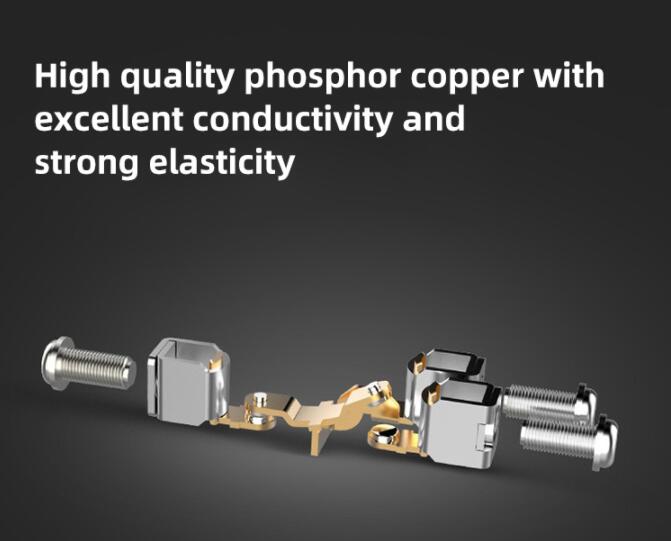
Why haven't many countries adopted the 13A UK socket?
Even though the 13A UK socket offers high safety and an advanced structure, it is still not a global standard. The reasons behind this are quite complex, and from a professional perspective, they mainly include the following aspects:
1. Different policies and national certification systems
Each country has its own independent electrical safety regulations. For example, the EU EN standard, the US NRTL system, and the Chinese CCC system. These systems each have strict requirements and will not easily introduce completely different socket standards.
2. Different Voltage Systems
The 13A UK socket is designed for a 230V voltage system, while countries like the US use 120V. Reverting to a 230V voltage system in the US would involve massive social restructuring, making it unlikely to be easily implemented.
3. Extremely High National Infrastructure Costs
The engineering required to replace all household and commercial socket standards nationwide is too enormous; almost no country would incur such high costs.
4. Stable Technology
Most countries already have mature, stable, and compliant socket systems, such as Schuko in continental Europe, the Australian AS/NZS standard, and the US NEMA standard. Therefore, there is no need to switch to the 13A UK socket.
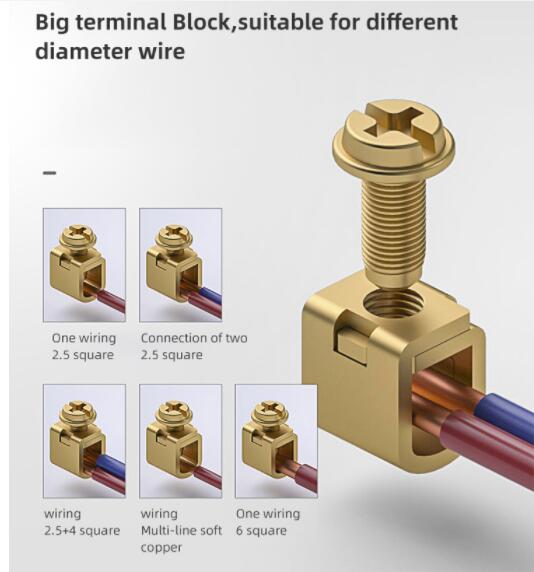
What are the unique features of the 13A UK socket compared to sockets in other countries?
To analyze its international adoption, it's essential to understand why the 13A UK socket is considered one of the safest socket systems.
1. Built-in Fuse in the Plug
This is a unique and crucial safety mechanism in the UK. 1. Each plug contains a replaceable fuse (3A, 5A, 13A) to protect appliances and circuits.
2. Features a safety shutter mechanism
All BS 1363 sockets have a safety shutter; the socket cannot be opened without a three-prong design, making it difficult for children and foreign objects to insert, providing an extremely high level of protection.
3. Robust plug structure
Thicker and more robust than plugs in many other countries, resulting in a more stable contact.
4. Suitable for higher power appliances
With a 13A rating, it can provide nearly 3000W of power at 230V, meeting the needs of large household appliances.
While these technical features are attractive, as mentioned earlier, they also result in larger plugs and a unique standard, reducing global compatibility.
Is the 13A UK socket common when traveling globally?
For frequent international travelers, an important question is: Will I encounter the 13A UK socket in accommodations or offices in different countries?
The answer is clear: The 13A UK socket is uncommon in most parts of the world, except for Commonwealth countries and a few Middle Eastern and African countries.
It is not widespread in the following regions:
• The United States and Canada (NEMA standard)
• Continental European countries such as Germany, France, and Spain (Schuko/Type C)
• South Korea and Japan (Type A/B)
• Mainland China (Type I, Type A, Type C)
• Australia and New Zealand (AS/NZS 3112)
• Most South American countries (multiple mixed standards)
Therefore, for international travel, a power adapter is usually required to use UK devices.
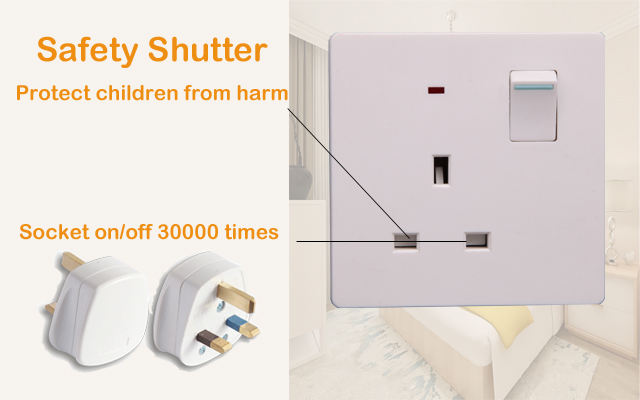
Is the 13A UK socket one of the safest sockets in the world?
From a technical and design perspective, the 13A UK socket does indeed possess very high security and is often considered a benchmark for global safety design.
The main reasons are as follows:
• Robust and durable structure
• Plug with integrated fuse for independent protection
• Socket with safety shutter
• Uses high-quality copper contacts and high-standard materials
• Socket design with strong load-bearing capacity
However, high safety does not necessarily lead to high adoption, because the international power system is not solely determined by safety, but is the result of multiple factors including history, policy, regulations, voltage systems, and economic costs.
Since many countries do not use the 13A UK socket, what is its significance?
Although its usage is not global, its existence still has irreplaceable significance:
1. Providing highly secure home power supply in the UK and related countries
BS 1363 is an important part of the local standard system, forming a solid foundation for home electrical safety.
2. Strong support for high-power devices
Suitable for appliances such as electric kettles and electric heaters approaching 3000W.
3. Providing appliance protection mechanisms
The built-in fuse is its biggest highlight, making high-power devices safer.
Therefore, although not globally widespread, it is extremely valuable in the regions where it is applicable.
Is the 13A UK socket compatible with all electrical appliances worldwide?
Many electrical appliances are compatible with multiple voltage and plug standards, but socket compatibility is determined by national electrical codes.
13A UK socket compatibility characteristics:
• Most international electrical appliances that support 230V can be used with an adapter.
• It does not support direct use with 120V-specific appliances.
• The plug is relatively large and not compatible with most non-UK sockets.
• A plug compliant with BS 1363 certification is required for direct insertion.
The 13A UK socket is highly proprietary and requires an adapter for use in many countries.
Is the 13A UK socket common worldwide?
The 13A UK socket is not a common socket standard worldwide.
It is mainly prevalent in the following regions:
• United Kingdom
• Ireland
• Singapore, Malaysia
• Some Middle Eastern countries
• Some African countries
Most countries in the world use completely different standards, so when traveling or purchasing electrical appliances across borders, it is often necessary to carry an adapter or multi-functional power strip.
Do you offer customization and OEM services for switches and sockets?
Yes — Zhongmei is a manufacturer that offers full customization and OEM services for wall switches, outlets and associated lighting appliances. Buyers can request customized colors, logos, packaging and functional modifications to meet project or brand needs.
Our factory is customized to accommodate small-to-large production runs, and our sales team provides detailed quotes, sample production and competitive prices for orders.
